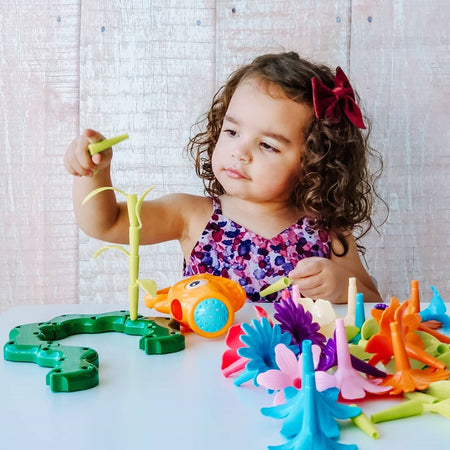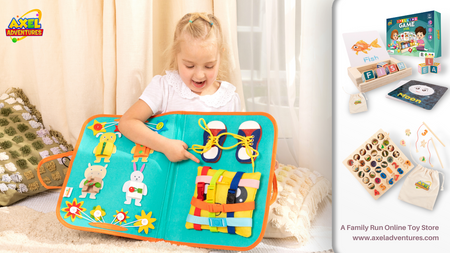
My toddler son recently asked me why he has to brush his teeth every day. He frequently asked this question after that day. That drove me insane.
I've told him about cavities, shown him pictures of tooth decay, told him that if he doesn't brush his teeth, his breath will stink, and so on. I did everything I could to make him understand why he should brush his teeth every day, but he still challenges me every day.
What can I say to make him realize how important it is, so he will take responsibility for doing it? I'm sure the majority of toddler parents can relate.
I explained why watching too much TV is bad for him the other day. I spent a half-hour explaining why to him. Do you think anyone can do this three times a day? It simply exhausts me. And what should I do if he doesn't agree with me and starts arguing with me?
I'm sure the majority of you have the same question. But do you know what these statements all have in common? There are only two things. Fear and Myth.
First, they perpetuate the myth that comprehension equals acceptance. The belief is that if a rule, limit, or decision is logical, people—in this case, children—will gladly accept it. The problem is that this is not always the case.
We like logic as adults, don't we? We understand that speed limit signs are there for a reason. Alternatively, going too fast can cause damage to our vehicle. This is a logical explanation that contributes to our willingness to obey those laws. We follow it because it has a point, right?
However, there are some differences in the case of children. Differences that are truly significant. You are an adult, but your children are not. Because of mature brain development, you think differently. But the children do not have that. There are other differences as well.
If your child is under the age of seven, logic and understanding exist on a different planet than behavior. They have little to no interaction with one another. Young children are not creatures of logic; they are creatures of impulse and emotion. It's a different way of looking at, being in, and thinking about the world.

They aren't interested in your explanations. An older child can process logic, but they may not be looking for a logical explanation.
Some of you may disagree. While you explain things to your child, he or she may be very cooperative. That happens. I believe you! It only happens when your bond is strong.
To put it another way, if you shouted/screamed the explanation at them, would they listen and become more cooperative as a result? Most likely not. They are usually not interested in the content. Of course, every child is unique; some are cognitively more advanced than others. Relying on logic in the face of significant protest or challenge is, for the most part, a waste of time with young children.
But isn't it more respectful to explain why we have limits or rules in place? Yes, and we should always strive to do so. We do not want to establish arbitrary rules. Reflecting on and questioning our own decisions about limits and rules is, of course, an important part of conscious and mindful parenting.
That brings us to the second issue: fear. Fear of our children's resentment if we end the discussion and maintain the limit firmly and without apology. Fear of repeating what happened to us as children by "abandoning" or ignoring a child who desperately wants us to explain something. Fear that if we set boundaries and insist on our needs and preferences, they will dislike us.
Fear that a "good and patient" parent would answer all of their children's questions until they were "satisfied," and if we don't, we won't fit that description.
Children do not always want or request to understand. They don't always struggle to understand; they get it. Sometimes they simply don't like it and want you to know. And this is how they express it: by channeling their knowledge of your wonderful intentions.
You are not failing to explain or lacking in words. You don't need help figuring out how to explain this to your child (unless you haven't already.) You don't need to persuade them. Simply explain things to them once or twice. Answer their questions in a reasonable manner.
Stop thinking that logic is important and instead accept their feelings and acknowledge their disappointment or disagreement. Move forward, confident in your leadership, and free of guilt for not engaging in distraction disguised as an endless spiral of explanation.
You've explained why watching too much TV is bad for them. They disagree. Turn it off when the limit is up, Done. Tell your child that everyone needs time to themselves now and then and that this is your time. Then take it without hesitation. It's fine if they're upset. You're not abandoning them; you're looking after yourself. Done.
Yes. Sometimes they truly want to understand. You will recognize them when they are not accompanied by obstinate resistance to a limit that you are holding. If they truly want to understand, there will be time to explain at a less hurried or calmer time. Give them as many explanations as you want. Yes, you can do it.







